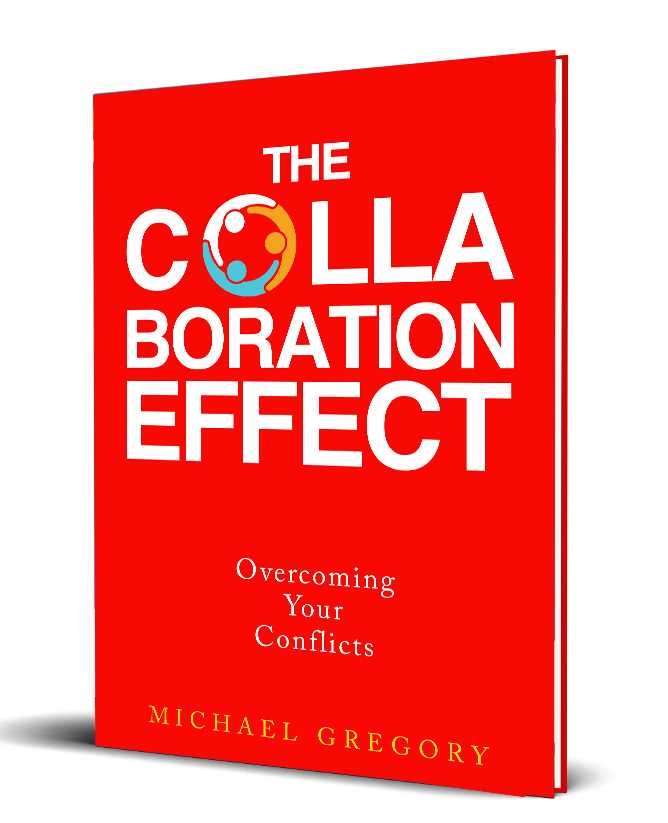
This article addresses how to turn a crises into a collaboration. We can learn from hostage negotiators and their success rate is phenomenal.
So what can you do to help yourself when you feel like you are in a crises with someone else?
The first thing hostage negotiators due is secure the area. How might this relate to you? By taking the situation to a one on one instead of a public forum this can help contain the situation. If in a public forum and that’s not an option, my personal experience is to invite the interchange. The other party wants to be listened to. This likely means you may need to de-escalate yourself first. Here is a tool to help you de-escalate. Trust and transparency matter. By being honest and transparent this can build trust. No matter what be safe and know what to do if someone threatens you in a negotiation.
Be open. Be honest.
It is important to establish some ground rules. Listen very carefully. Ask open ended questions that do not cause defensiveness and preface them with a feeling statement.
For example for a teenager coming home late on a Friday night instead of “Why are you so late and where have you been?” How about starting with, “We were really worried about you. We expected you home earlier. What happened this evening?”
For example if you are a manager and an employee is turning in something late that has you peeved as a manager instead of “Why is this late? First calm yourself. See the link from above on de-escalation. You need to calm yourself. Then begin with something like. “Thank you. We really need this. I can take it from here. I will be interested in knowing what happened on this project and what we can learn for the future. When I get back let’s sit down and see what lessons were learned so that we can work together for a timelier deliverable in the future.
When you receive the response, listen carefully to not only the words, but to the tone of the words and notice the facial and body language of the other party. No matter what stay calm. Stay focused. Don’t jump to conclusions. Instead listen, paraphrase, summarize and reflect what the other party is saying. Try to develop a positive relationship and be positive. Work to get to the crux of the matter. When listening ask open ended questions. When summarizing present your commentary from the other party’s perspective.
It is all about addressing our and the party’s emotions and working together to build a positive relationship. Don’t box in the other party. Give the other party a chance to retreat without losing face. Sometime you have to work with difficult people. When that is the case, understand how to work with difficult people.
Want to learn more? Check out this link from the Program on Negotiation from the Harvard Law School.
Contact Mike Gregory to speak to your group of consult with you, and check out his website, books and free content. Michael Gregory, NSA, ASA, CVA, MBA and a Qualified Mediator with the Minnesota Supreme Court, is an international speaker that helps others resolve conflict, negotiate winning solutions and inspire leaders. Mike services clients business to IRS, business to business and within businesses. On point resources are available online at Mike’s web site. Mike may be contacted directly at mg@mikegreg.com or at (651) 633-5311.
Photo: Johnhain at Pixabay
About the author
Mike Gregory is a professional speaker, an author, and a mediator. You may contact Mike directly at mg@mikegreg.com and at (651) 633-5311. Mike has written 12 books (and co-authored two others) including his latest book, The Collaboration Effect: Overcoming Your Conflicts, and The Servant Manager, Business Valuations and the IRS, and Peaceful Resolutions that you may find helpful. [Michael Gregory, ASA, CVA, MBA, Qualified Mediator with the Minnesota Supreme Court]

